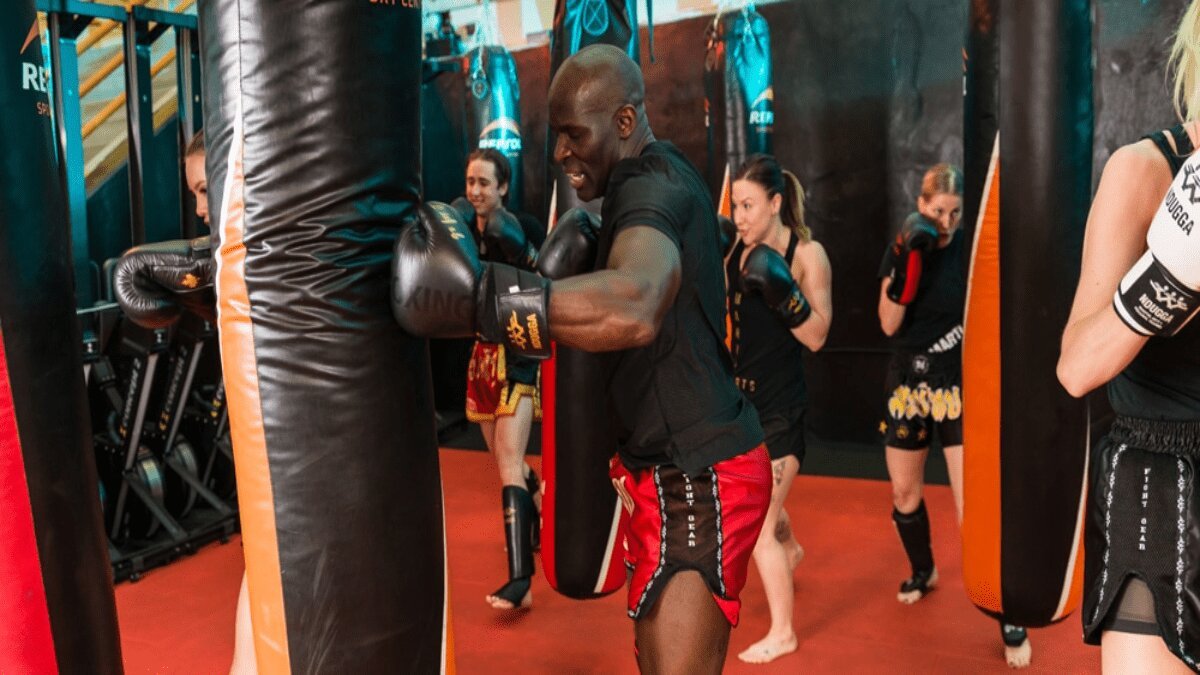For passionate practitioners of kickboxing, the dream of competing at a professional level and showcasing their skills on the international stage is a powerful motivator. While the path to becoming a professional kickboxer requires dedication, discipline, and perseverance, it is not insurmountable. In this article, we’ll outline the steps to go from amateur to pro in kickboxing, providing aspiring athletes with a roadmap to success.
1. Master the Fundamentals
Before considering a career in professional kickboxing, it’s essential to establish a solid foundation of fundamental techniques, including punches, kicks, footwork, and defensive maneuvers. Dedicate yourself to consistent training under the guidance of experienced coaches who can provide personalized instruction and feedback to help you refine your skills.
2. Compete in Amateur Tournaments
Participating in amateur kickboxing tournaments is an invaluable step towards gaining experience, building confidence, and honing your competitive instincts. Seek out local, regional, and national competitions sanctioned by reputable organizations such as the International Kickboxing Federation (IKF) or the World Association of Kickboxing Organizations (WAKO). Success in amateur tournaments can attract the attention of scouts and promoters, paving the way for opportunities to turn professional.
3. Find a Reputable Manager or Agent
As you gain recognition and credibility in the amateur circuit, consider seeking representation from a reputable manager or agent specializing in combat sports. A skilled manager can negotiate contracts, secure fight opportunities, and provide guidance on career development, sponsorship deals, and media relations, allowing you to focus on training and competition.
4. Network and Establish Connections
Networking is crucial in the world of professional kickboxing, where opportunities often arise through personal connections and relationships within the industry. Attend seminars, workshops, and industry events to meet coaches, promoters, and fellow athletes. Cultivate meaningful relationships with key stakeholders and demonstrate your professionalism, dedication, and willingness to learn.
5. Seek Professional Coaching and Training
Transitioning from amateur to professional kickboxing requires a higher level of skill, conditioning, and strategic acumen. Invest in professional coaching and training programs tailored to your specific needs and goals. Work with experienced trainers who can help you develop advanced techniques, game plans, and mental resilience to excel in professional competition.
6. Build Your Brand and Promote Yourself
In today’s digital age, building a strong personal brand and leveraging social media platforms can significantly enhance your visibility and marketability as a professional kickboxer. Create engaging content showcasing your training regimen, competition highlights, and personal journey. Collaborate with sponsors, brands, and media outlets to increase your exposure and attract sponsorship opportunities.
7. Stay Committed and Persistent
Becoming a professional kickboxer requires unwavering commitment, resilience, and perseverance in the face of challenges and setbacks. Stay focused on your long-term goals, maintain a positive mindset, and embrace the journey of continuous improvement. Celebrate your achievements, learn from failures, and never lose sight of your passion for the sport.
In conclusion, the path to becoming a professional kickboxer is demanding but rewarding for those willing to dedicate themselves to their craft. By mastering the fundamentals, competing in amateur tournaments, seeking professional representation, networking, investing in training, building your brand, and staying committed to your goals, you can turn your dream of going pro in kickboxing into a reality. Embrace the challenges, seize opportunities, and never underestimate the power of hard work and perseverance in pursuit of your dreams.


